Since her rise to superstardom, in the early-1980s, the center of Madonna’s creative output has been her continuing and seemingly endless struggle to escape her Catholic upbringing. From “Burning Up,” reaching an apogee with “Like A Prayer,” to her last hit: “Girl Gone Wild,” Madonna always wrestles with dogmatic Catholicism and her fallen reverence for the perverse and the obstinate; symbolized in her adoration of male homosexuality. I first clumsily realized this persona of Madonna as a young boy, who was similarly torn between a loose and fragmented Catholic education, that still fleetingly instilled within me a desire for the transcendent, and my adolescent craving for glamor and pornography; I sat mesmerized in front of the TV as Madonna appeared at the bow of a gondola in Venice: writhing about like a beautiful possessed witch. I adored her. In 1991, when she released “Like a Prayer,” she was already enshrined within the gay pantheon of neo-gods. By then, I had mostly abandoned all semblance of a Catholic background in favor of a weird amalgamation that included the New-Age, the occult, and a peculiar form of Catholic Medieval ritualism. The video for “Like A Prayer,” brought all these unrelated currents together: as Madonna kissed the statue of a saint come to life, danced in front of a field covered in burning crosses, and floated through space into a seeming bliss of heaven.
In the 90s, her work got more hardcore and darker, as realized in the pornographic video for “Justify My Love” and her sleazy book “Sex.” When I saw her “Blonde Ambition Tour,” I was taken aback by the overload of Catholic imagery: huge crosses suspended over the stage, large racks of votive candles, and male dancers dressed as monks. Yet, it all felt twisted and sick: never holy or reverent. Later, I disregarded the whole thing as a faulty attachment to her Catholic childhood. When I left the gay world, I completely lost touch with her career. Then, just recently, I became aware of a song she recorded: “Girl Gone Wild.” I looked up the lyrics and discovered that after all these years: Madonna is still obsessed with Catholicism. In many ways, it all reminds me of my favorite section of the novel “Brideshead Revisited.” Sebastian and Ryder are talking about Sebastian’s Catholicism:
“Often, almost daily, since I had known Sebastian, some chance ‘word in his conversation had reminded me that he was a Catholic,’ but I took it as a foible…We never discussed the matter until on the second Sunday at Brideshead, when Father Phipps had left us and we sat in the colonnade with the papers, he surprised me by saying:
“Oh dear, it’s very difficult being a Catholic.”
“Does it make much difference to you?”
“Of course. All the time.”
“Well, I can’t say I’ve noticed it. Are you struggling against temptation? You don’t seem much more virtuous than me.”
“I’m very, very much wickeder,” said Sebastian indignantly.
“Well then?”
“Who was it used to pray, ‘Oh God, make me good, but not yet’?”
“I don’t know. You, I should think.”
“Why, yes, I do, every day. But it isn’t that.”
“I suppose they try and make you believe an awful lot of nonsense?”
“Is it nonsense? I wish it were. It sometimes sounds terribly sensible to me.”
“But, my dear Sebastian, you can’t seriously believe it all.”
“Can’t I?”
Here, I see Madonna as a further corrupted Sebastian; a soul that has descended deeper into degradation and debauchery because of our more technologically advanced, tolerant, and permissive society. Yet, she still cannot fully escape the Truth of Catholicism. The lyrics for “Girl Gone Wild” are as follows:
“Oh my God
I’m Heartly Sorry
For Having Offended Thee
And I Detest All My Sins
Because I Dread The Loss Of Heaven
And The Pains Of Hell
But Most Of All Because I Love Thee
And I Want So Badly To Be Good…
Good..
Good…
Good….
It’s so hypnotic,
The way he pulls on me,
It’s like the force of gravity,
Right up under my feet…
The room is spinning,
It must be the Tanqueray,
I’m about to go astray,
My inhibition’s gone away,
I feel like sinning…”
In her “MDNA Tour,” Madonna opens the show with this song, as an enormous censer swings over the stage and she descends from the rafters in an oversized tabernacle. Booming on the speakers is Madonna’s voice reciting a version of “The Confiteor;” probably the one learned as a child before receiving First Holy Communion. Suddenly, she throws open a black gown and starts dancing with a cadre of red robed men. Towards the end of the song, she sings:
“I know, I know, I know,
I shouldn’t act this way,
I know, I know, I know,
Good girls don’t misbehave,
Misbehave
But I’m a bad girl, anyway,
Forgive me…”
Like all those other lost souls, even from my generation, who were educated with a modicum of the Truth that is Catholicism, still know inherently what is wrong and right, what is good and bad, and what needs to be forgiven. And, Madonna understands this too. But, like many of us, she refuses to accept it. Whether she likes it nor not, she will always be Catholic. Similar to Sebastian, her conversion may come at the last few moments of life: for, Our Lord said to St. Faustina: “With My mercy, I pursue sinners along all their paths, and My Heart rejoices when they return to Me. I forget the bitterness with which they fed My Heart and rejoice at their return…”

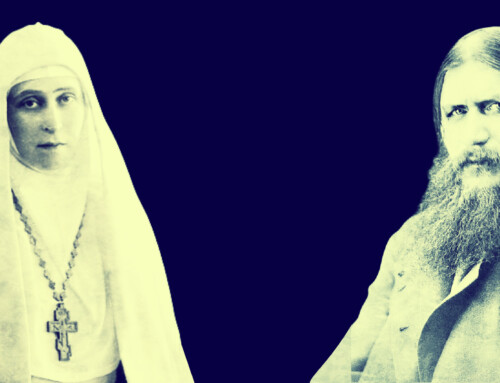
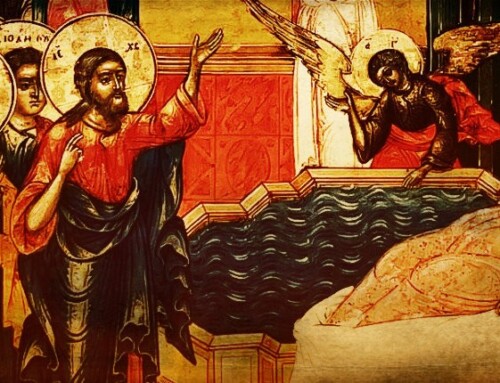
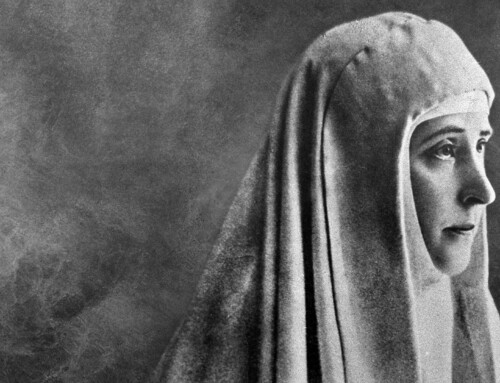
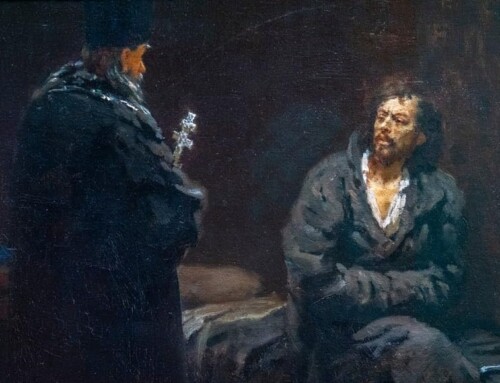
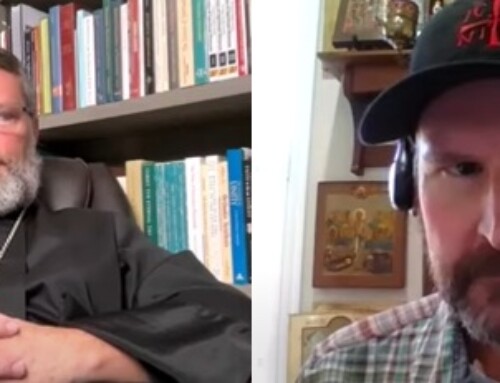
Great article, and timely. Thank you for reposting.
You are brilliant, Joseph. I so admire your insights, courage, and writing. Please keep it up.
Thank you. The one thing no has said when they discussed Madonna, “Whether she likes it nor not, she will always be Catholic.” I pray that the Lord gets her before its too late. God Bless and keep up the great work you do.
Beautiful! I have also had a similar attachment to Madonna. She reminds me of Oscar Wilde, whose art reflects a perennial yearning for Christ.
Madonna and I are about the same age, and both grew up in New Jersey. My first three years of religious ed. classes were solid, engendering in me a deep love for Jesus and Mary and imparting as much theological understanding as a grade-schooler is capable of. Likely Madonna had a strong early formation. When things changed in the church in the late sixties/early seventies, my parents recognized the problem and took up the slack in my formation. Perhaps Madonna’s parents didn’t know better and just trusted the school and parish.